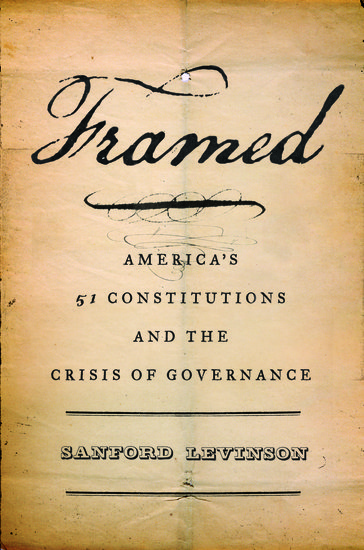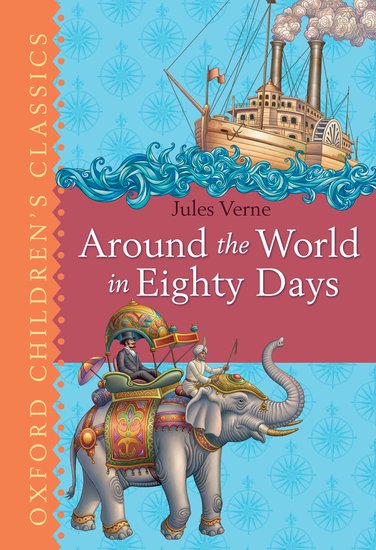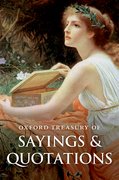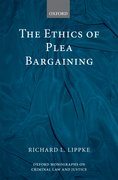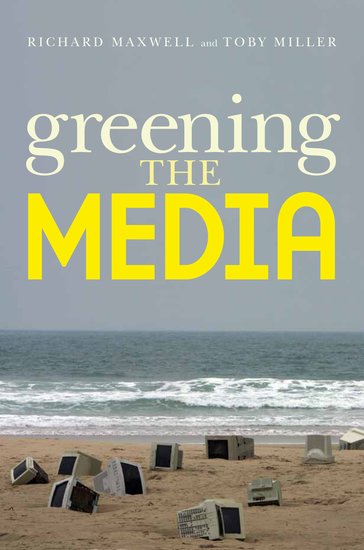On America’s Constitutions
Many have focused on the US Constitution as an enduring document that has guided America from a young, chaotic nation to a world power, but are we missing its flaws? For every “majestic generality” of the constitution, there are the bizarre burdens of electoral college and quirks of governance. We sat down with Sanford Levinson, author of Framed: America’s 51 Constitutions and the Crisis of Governance, to talk about America’s constitutions — state and national — and their role in current politics.

